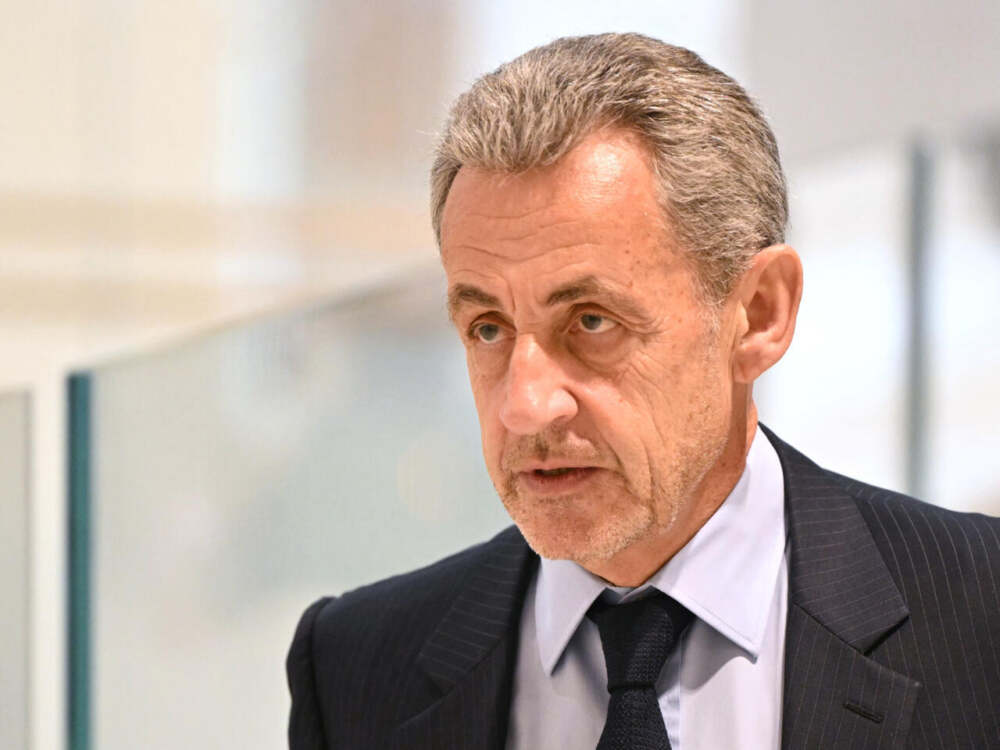Former French President Nicolas Sarkozy has been sentenced to five years in prison after being found guilty of criminal conspiracy linked to illegal campaign financing. The conviction marks an unprecedented moment in France’s modern political history, making Sarkozy the first former head of state to receive such a heavy sentence while being accused of accepting foreign funds to fuel his rise to power.
Background of the Case
The allegations against Sarkozy stretch back more than a decade, centering on claims that his 2007 presidential campaign received millions of euros in illicit contributions from Libya under the late Colonel Muammar Gaddafi. French investigators argued that financial assistance was secretly funneled to Sarkozy’s campaign team in exchange for political favors, potentially shaping diplomatic relations between Paris and Tripoli at the time.
This case, which has been closely watched both in France and abroad, adds to Sarkozy’s growing list of legal troubles. He had already been convicted in earlier trials for corruption and influence peddling, receiving suspended sentences. However, the latest ruling is by far the most severe, underscoring the seriousness with which the French judiciary views foreign interference in democratic elections.
The Court’s Findings
The Paris court concluded that between 2005 and 2007, Sarkozy conspired to obtain funding from Libya for his presidential bid. While he was acquitted of several related charges — including corruption, illegal campaign financing, and concealment of embezzled funds — the conviction for criminal conspiracy carried the maximum weight.
The five-year sentence was ordered to be fully served under a legal provision used only in rare cases deemed of exceptional importance to public trust and national integrity. The court also levied a financial penalty, further compounding the consequences for the former leader.
Sarkozy’s Defense and Reaction
Sarkozy has consistently denied the allegations, portraying himself as the victim of a politically motivated prosecution. His legal team insists that the case is built on circumstantial evidence and unreliable testimony. They have already announced plans to appeal, but due to the gravity of the ruling, the sentence remains enforceable even during the appeals process.
Supporters of Sarkozy argue that the trial reflects deep political divisions within France and that the judiciary has unfairly targeted a former president to send a message. Meanwhile, critics argue the outcome is a necessary demonstration that no one, not even a head of state, is above the law.
Political and Public Implications
The ruling has sent shockwaves across France’s political establishment. Sarkozy, once considered a central figure in conservative politics and a potential power broker within the right-wing Republican Party, now faces the prospect of serving time behind bars. This effectively closes the door on any political comeback, while casting a long shadow over his legacy.
The verdict also raises serious questions about foreign influence in Western democracies. Allegations that a North African dictatorship could have secretly financed a French presidential campaign strike at the heart of electoral integrity and sovereignty. For many observers, the case highlights the urgent need for stronger safeguards around campaign funding, transparency, and international monitoring of political financing.
Wider Context of Sarkozy’s Legal Troubles
This case is only one in a series of legal battles for Sarkozy. In 2021, he was convicted of corruption and influence peddling in a separate wiretapping scandal, receiving a three-year sentence with two years suspended. He was also handed a one-year prison sentence in the “Bygmalion affair,” involving overspending during his 2012 re-election campaign.
Taken together, these convictions paint a picture of a former president repeatedly at odds with the law. While some of his supporters view the prosecutions as an orchestrated campaign against him, others believe they expose systemic corruption at the highest levels of French politics.
International Repercussions
Globally, Sarkozy’s sentencing may affect France’s image as a leading democracy committed to transparency and accountability. The case has drawn attention to the broader issue of foreign interference in elections, a concern that resonates well beyond Europe. With other democracies already grappling with allegations of outside meddling, the French court’s ruling may serve as both a warning and a precedent for how such cases are handled.
Conclusion
Nicolas Sarkozy’s downfall is a dramatic reminder of how political power, once unchecked, can eventually be challenged in the courts. The prison sentence underscores that even the highest office in France does not grant immunity from justice. For the French public, the ruling may restore some faith in the system’s ability to hold leaders accountable. Yet for Sarkozy, once seen as a dynamic reformer and global statesman, the verdict cements a legacy clouded by scandal, controversy, and now, a jail term.
















Leave a Reply